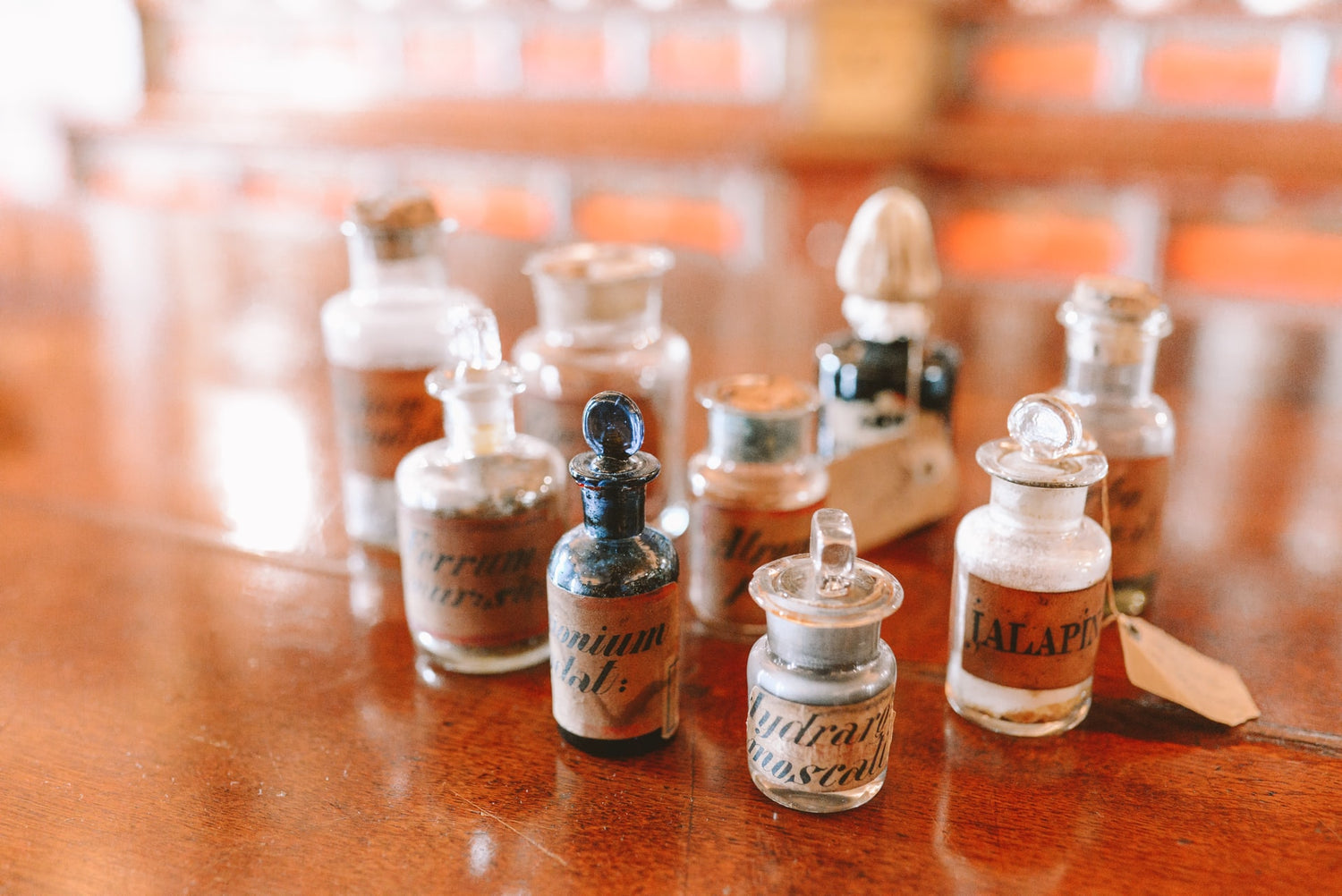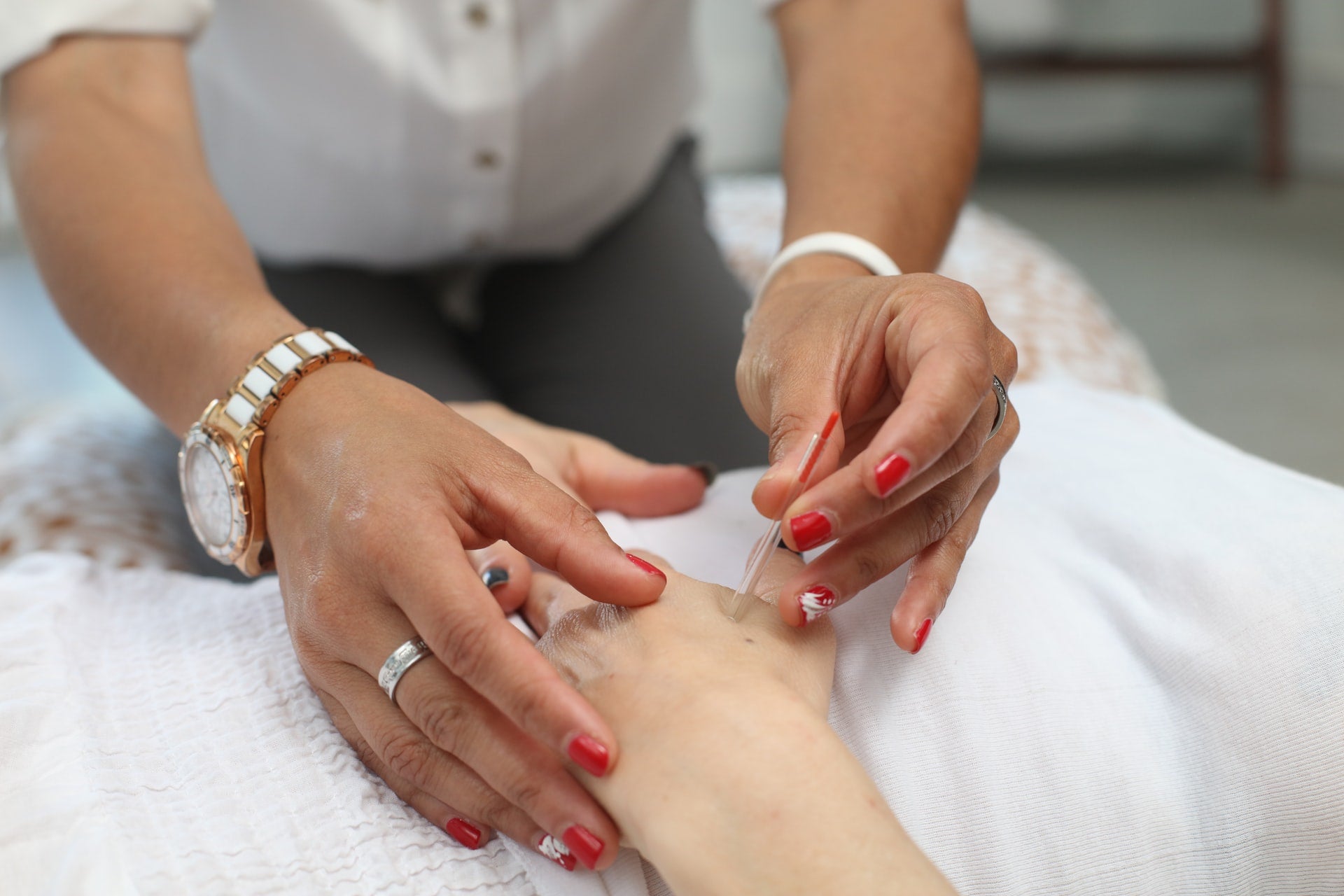Although Chinese medicine has been around for thousands of years, it is still considered to be alternative medicine by countries such as Great Britain and the United States. There is nothing new about TCM, though many think of it as a new and mysterious medicinal art.
For those of us who are involved in the chinese medicine practice, there is nothing mystical or confusing about our style of medicine. In fact, it makes more sense to us than Western medicine, simply because we prefer to focus on the human body, listen to it, and treat it naturally, the way humanity has done it since the beginning of time.
However, we understand that TCM is not what you are accustomed to, which is why we would like to address some of the common misconceptions and myths surrounding Chinese medicine.

Chinese medicine is dangerous?
Chinese medicine has been studied and practiced for around 5000 years. Some of its practices, such as herbal medicine and acupuncture are not only studied today by Western researchers, but taught in universities. The World Health Organization has specifically approved the use of acupuncture by skilled professionals.
Additionally, the herbs and ingredients used in Chinese medicine teas, soups, and capsules are completely natural and most of them are commonly consumed things.
Common TCM ingredients include:
- Walnuts
- Cinnamon
- Ginger
- Lotus Seed
- Goji Berries
- Licorice Root
- Mandarin Peel
- Mushrooms
- Bamboo Leaf
- Green Tea
- Rose
- Papaya
Of course, there are other ingredients that don’t have names that are instantly recognizable, but that is why a trained and experienced Chinese medicine provider and practitioner are the best sources of Chinese medicine products.

Chinese Medicine is Unregulated
To the contrary, TCM has been under the Western doctors’ eyes for the last several decades, not to mention the thousands of years it has been practiced and analyzed.
The WHO, DOH, and NIH have all studied Chinese medicine extensively and even endorsed certain aspects for some ailments.
Acupuncture has been approved by the NIH for treating:
- Nausea
- Dental Pain
- Addiction
- Headaches
- Menstrual Cramps
- Tennis Elbow
- Fibromyalgia
- Myofascial Pain
- Osteoarthritis
- Low Back Pain
- Carpal Tunnel Syndrome
- Asthma
Chinese Medicine is Magic
As much as it would be fun if we sold magical cures and aids, what we sell is far from magic. TCM is simply the logic of helping the body find balance when something is off, causing pain or sickness. Just as the body is made of natural elements, the treatment is natural as well.
Chinese medicine might seem like magic, if one is used to the same medications and exams given by doctors who might not even touch your body. The concept of treating the body without even touching it...now that sounds like magic to us!




Leave a comment
All comments are moderated before being published.
This site is protected by hCaptcha and the hCaptcha Privacy Policy and Terms of Service apply.